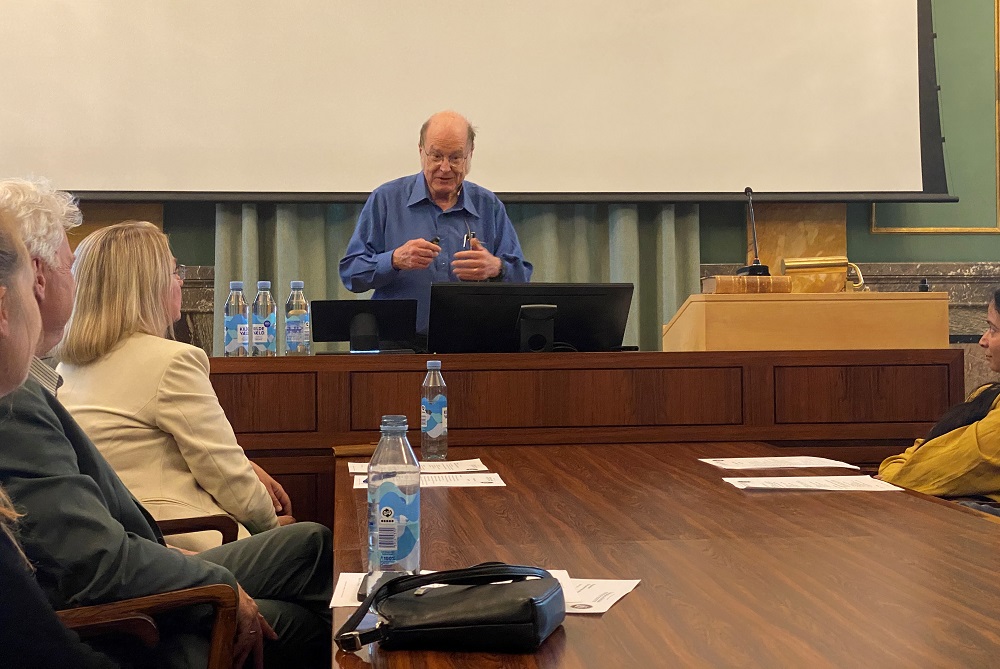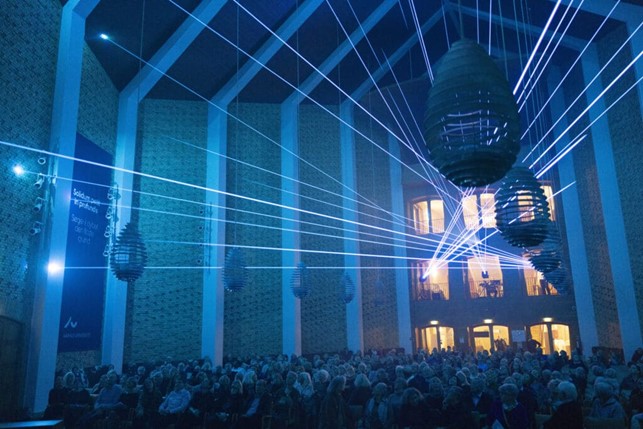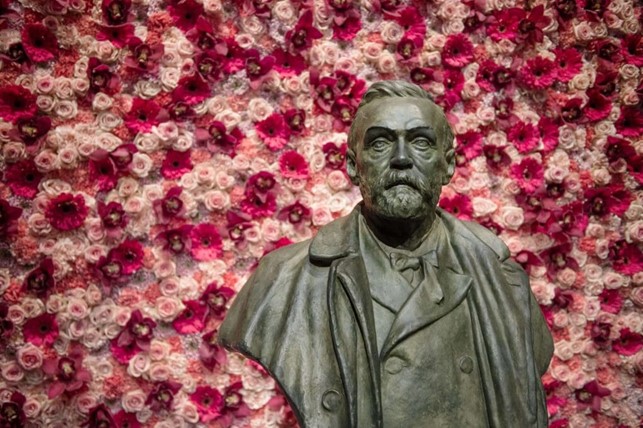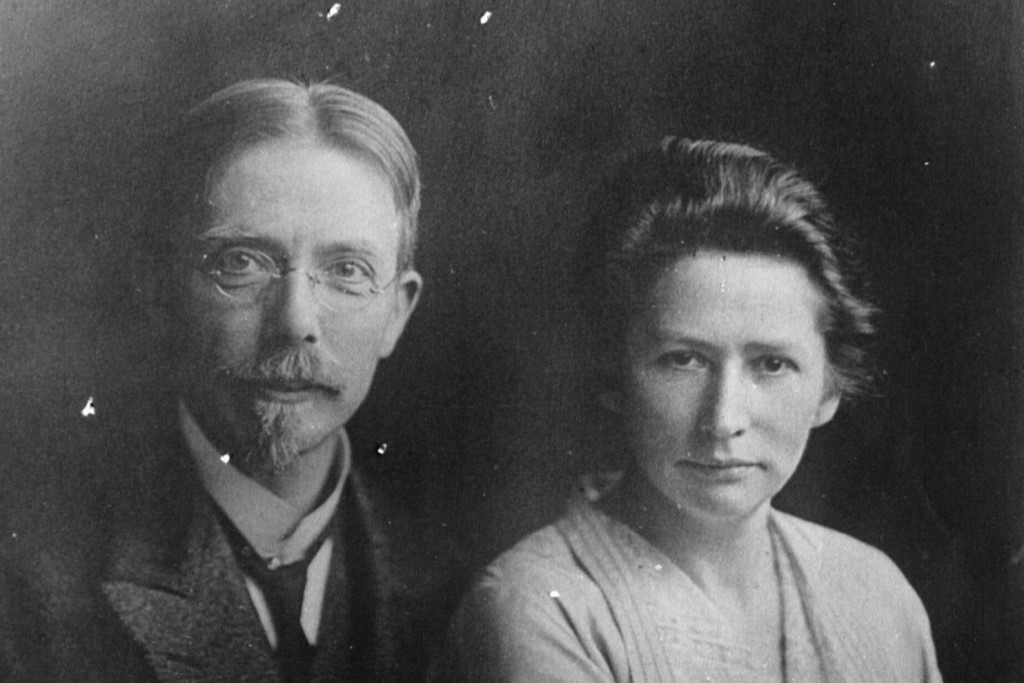Member of Royal Academy receives prestigious award for his quantum research

The Breakthrough Prize is an American award conferred every year to prominent researchers in life science, fundamental physics and mathematics. Among the recipients this year is physicist Charles H. Bennett.
By Kristoffer Frøkjær
For many years quantum computers have been touted as today’s solution for creating more processing power in computers and for increasing encryption security.
Now Charles H. Bennett, physicist and professor at IBM Thomas J. Watson Research Center, and three other physicists who have combined mathematics, computer science and physics to make game-changing discoveries within quantum information have been awarded the Breakthrough Prize, sharing the honour of this distinction and a sum of USD 3 million.
As many of our privately used solutions become digitalised, finding ways to protect our data and privacy against hackers has become increasingly important. This is where quantum cryptography plays a key role in safeguarding communication in the future.
Bennett’s contribution to the development of quantum information consists in devising the BB84 protocol in collaboration with physicist Gilles Brassard. Though may sound like something fictional from a James Bond film, it actually describes a practical way of sending messages between two users without them sharing secret information in advance, making the process very safe.
Bennett was later involved in launching the entire research field of quantum information processing and thus, together with others, paved the way for the quantum computers we will need in the future.
Besides Brassard the other recipients of the Breakthrough Prize in fundamental physics are David Deutsch and Peter Shor.


